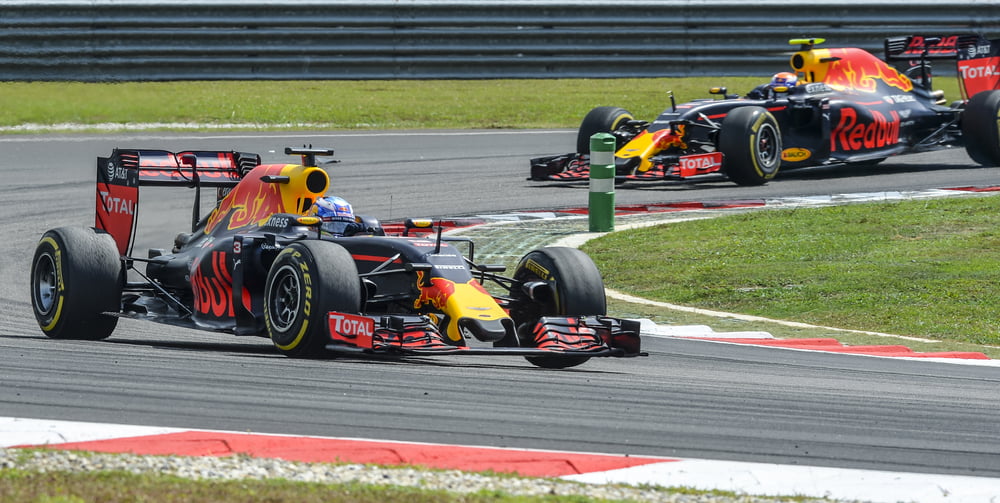Although the right to strike or protest is deeply rooted in Dutch society, there are criticisms of the planned actions of the taxi drivers.
The run-up to the Dutch Grand Prix in Zandvoort has already caused some tension. A major bone of contention this year is the issue of taxi drivers' access rights to Zandvoort during the Grand Prix weekend.
The municipality of Zandvoort previously warned taxi drivers that companies without a specific pass would not be allowed to enter the seaside resort, not even to drop off customers picked up outside Zandvoort. This measure is intended to limit traffic during the Formula 1 event.
In the past two editions, some taxi drivers managed to obtain a pass through residents of Zandvoort. This year, however, this was not made possible due to the introduction of a special pass for taxis.
In a surprising twist, it now appears that a Haarlem taxi company has managed to obtain permits after all. The reason? Several cars from this company are registered with the RDW in Zandvoort. This shows a creative way around the system, which has annoyed some drivers. Although this is not seen as an unequal treatment by the municipality, it has led to frustrations.

The economic impact of the Grand Prix is also significant. Local companies in and around Zandvoort count on the race weekend for a significant increase in turnover. Hotels are fully booked, restaurants expect full tables, and souvenir shops hope to sell their wares to enthusiastic fans. Disruptions can dampen these expectations and harm the local economy.
Salim Belgnaouï, spokesman on behalf of about 150 taxi drivers, has already announced that angry Haarlem taxi drivers are likely to take action by blocking traffic flow to the Grand Prix. He shared this in a conversation with the Noordhollands Dagblad.
Although the right to strike or protest is deeply rooted in Dutch society, there are criticisms of the planned actions of the taxi drivers. Some argue that drivers who do not normally drive in Zandvoort, and instead move from location to location in search of work, may not enjoy the greatest public sympathy.
It is important to consider the interests of all parties involved, especially given the high level of international attention the Grand Prix attracts to Zandvoort. How this story unfolds and what implications it will have for the race weekend remains to be seen.



